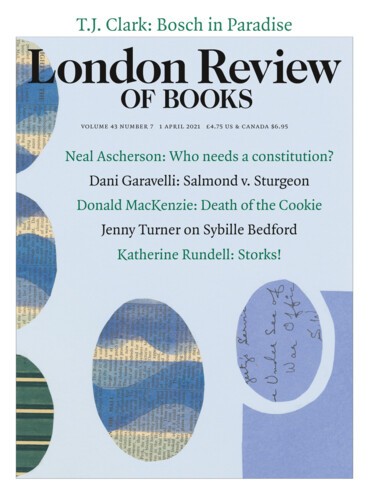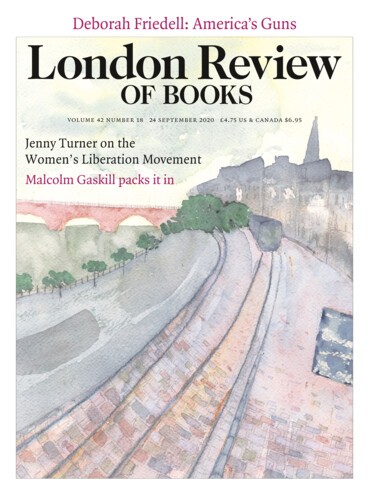White Sheep at Rest: After Culloden
Neal Ascherson, 12 August 2021
How did the Duke of Cumberland become the ‘Butcher’ of Culloden? Before and immediately after that battle, he was adored as the saviour of Hanoverian Britain from Jacobites and papists. As George II’s soldier son, he was the ‘martial Boy’; for Drury Lane audiences, ‘The noble Youth, whom ev’ry eye approves/ Each tongue applauds, and ev’ry...





